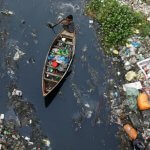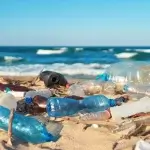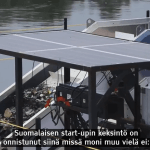Norway leads the way Globally
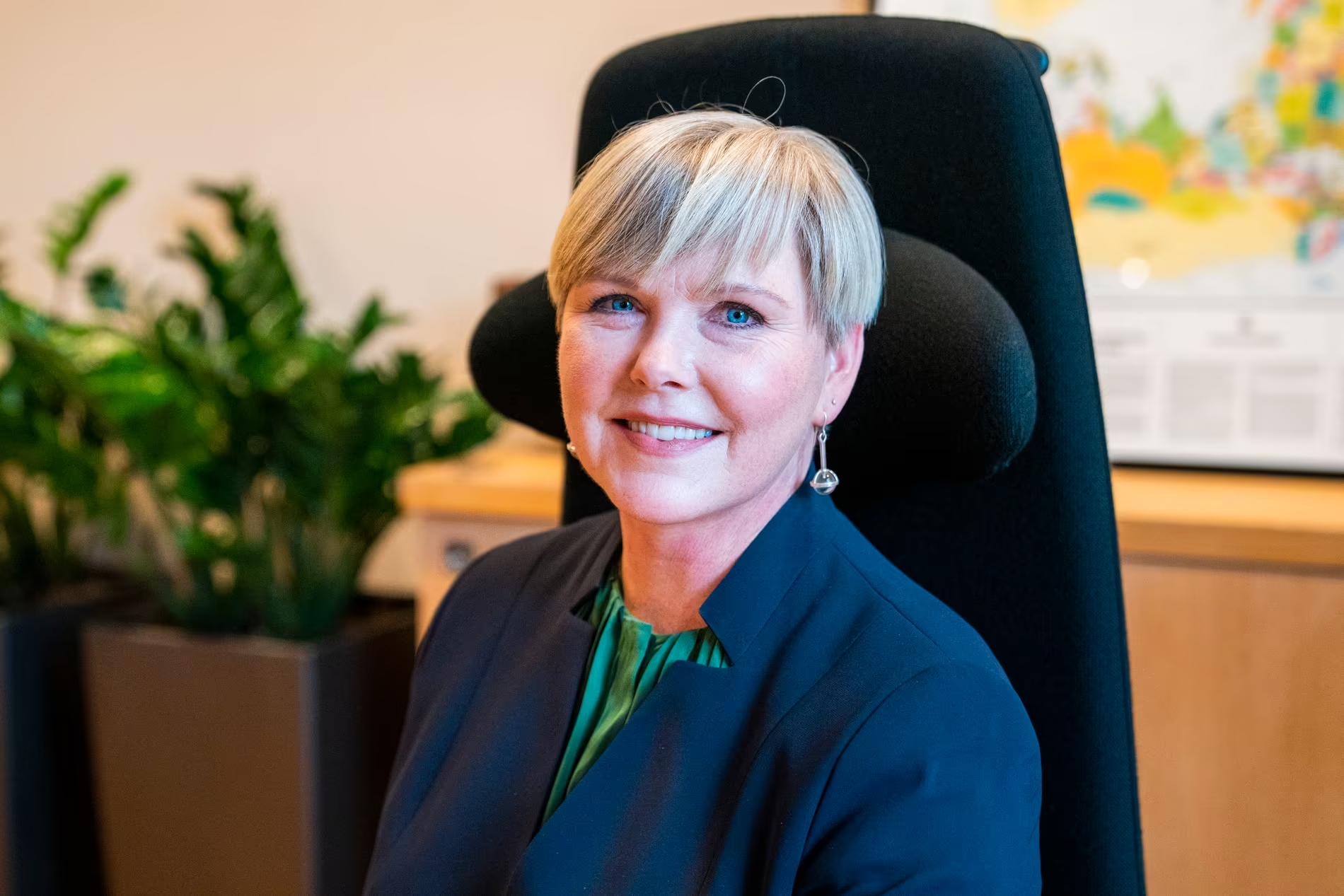
Example for the rest of the World
eyesonsuriname
Amsterdam, August 10th, 2024– In Oslo, Norway is working for a new legally binding and global agreement against marine plastic litter and plastic pollution under the auspices of the UN Environment Assembly. The Nordic country believes that a central obligation in a new agreement is that all countries should prepare national plastic management plans.
Norway is actively involved in the effort to develop a wide-ranging global agreement to combat plastic litter and pollution and co-chairs the High Ambition Coalition to End Plastic Pollution. The decision to start negotiations on an international agreement represented a milestone in the international efforts to curb plastic pollution.
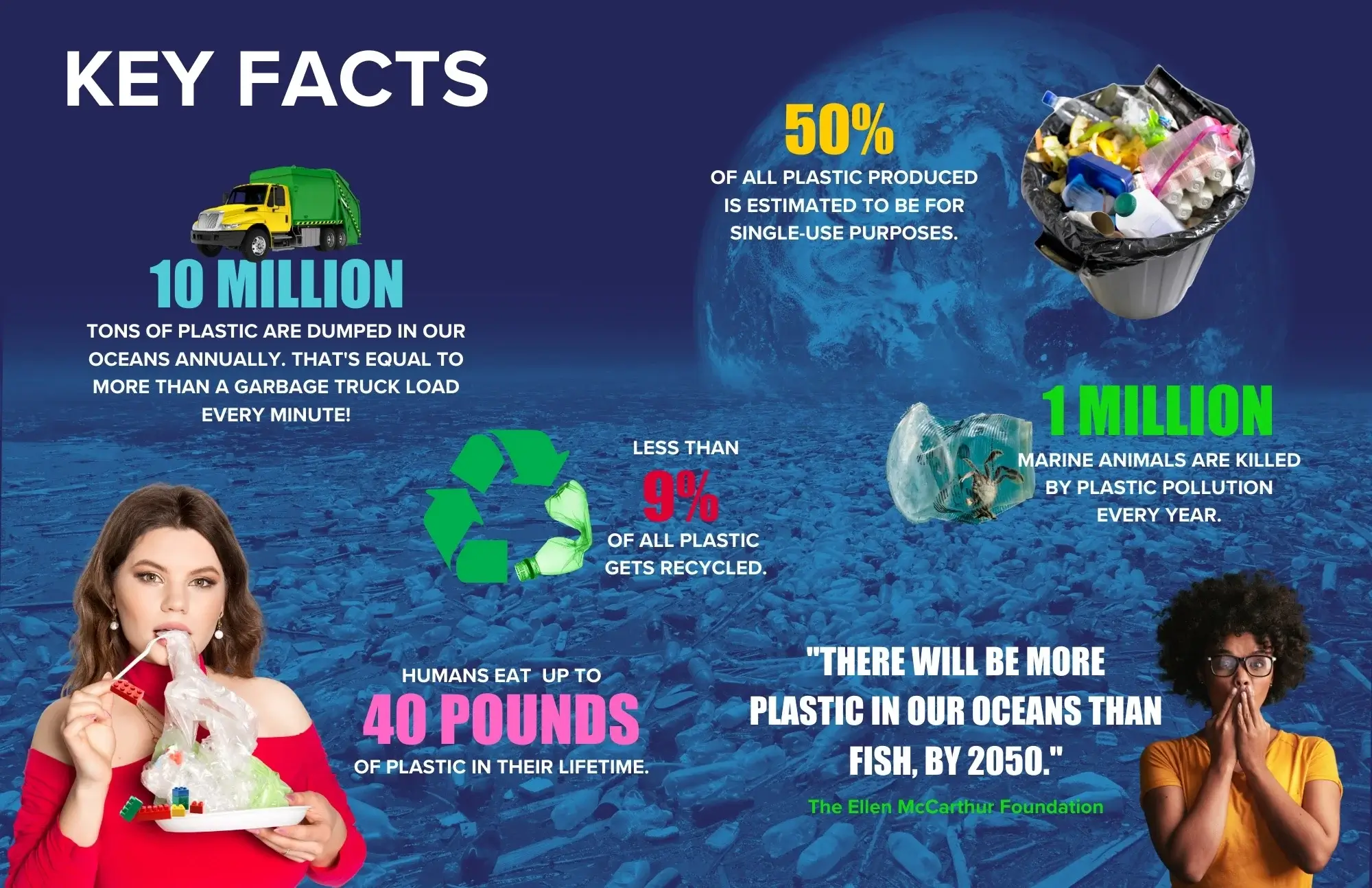
‘ Plastic pollution is one of the fastest growing environmental problems in the world and we are now extending our initiative to combat plastic pollution in developing countries by providing up to NOK 1 billion over a period of four years’, said Minister of International Development Anne Beathe Tvinnereim.

” Plastic pollution can be found even in the human body”, and the minister angrily added, ” And I mean everywhere “.
Every year more than 110 million tonnes of plastic waste are mismanaged worldwide.
Plastic pollution is harmful to animal life and ecosystems, and has a negative impact on the harvesting of living marine resources. It also affects human health and quality of life, especially among the poorest groups.
‘If we don’t take action now, plastic pollution will double over the next 20 years. This new allocation of funding will help to keep that from happening,’ said Ms Tvinnereim.
Norway is one of the largest donors
The new funding will be used to continue Norway’s development programme to combat marine litter and microplastics, which was established in 2019. Activities under the programme make Norway one of the largest bilateral donors of support for measures to reduce plastic pollution. An assessment of the programme shows that it has helped to prevent and reduce plastic pollution in developing countries, and a decision has been taken to extend the programme.
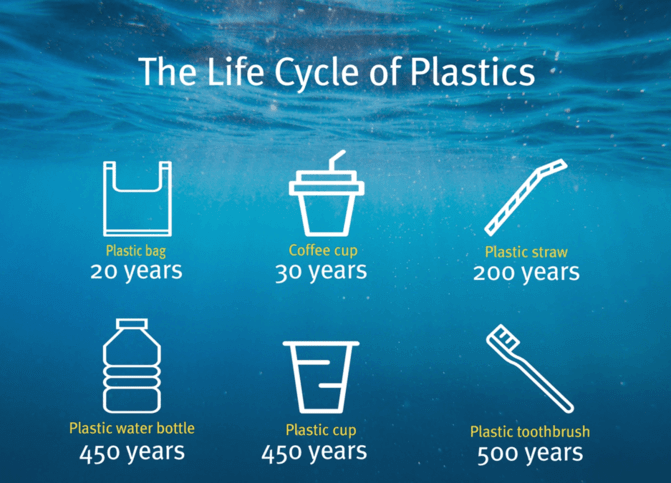
Further global efforts will, for example, be targeted towards strengthening the regulatory framework in various countries and encouraging private industry to develop effective, innovative solutions.
The aim is to increase sustainable production and consumption of circular economy products and services, improve waste management systems and implement clean-up projects in coastal areas and rivers.
The programme is part of the effort to achieve United Nations Sustainable Development Goal 14.1 on reducing marine pollution.
International agreement to combat plastic pollution
The negotiations are now under way, with the goal of reaching agreement in November.
‘An effective, legally binding international agreement could reduce plastic pollution by 90 % by 2040 and will play a crucial role in the transition to a circular plastic economy. A great deal of funding will be needed to implement the agreement, especially in poor countries. Norway’s new allocation will be important in this context as well,’ said Ms Tvinnereim.
Norway is a true champion when it comes to returning plastic bottles. An impressive 95 per cent of all plastic bottles are returned via a national bottle deposit scheme. The advantages are obvious: the more plastic waste that is collected and recycled, the less will end up in nature as plastic pollution.
‘ The advantages are more than obvious: the more plastic waste that is collected and recycled, the less will end up in nature as plastic pollution ‘, a spokesperson of the Business Norway agency said, thus we are the rightful champions but hope to share this achievement with the rest of the world.
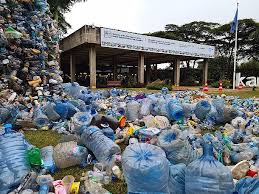
” Ending plastic pollution will require a system-change “, the Norwegian minister said, adding that
We all must work together and develop an instrument that will build trust in a collective effort that will be sustained over time.
This is why we need to establish global rules throughout the lifecycle in this instrument, and why we need governments to take on legally-binding commitments to follow them.
This should include commitments to: eliminate problematic plastics and chemicals of concern, to establish sustainability criteria and standards as well as targets that promote reuse and recycling, or mandate transparency measures throughout the life cycle of plastics.
” We also need commitments to ensure environmentally sound management and disposal of plastics: to close leakage points, with a particular attention to microplastics o and to provide support to enable change “, the minister added. And by agreeing to a legally binding instrument, governments will demonstrate to other parties, to businesses and other stakeholders, that my country is prepared to stay the course and willing to develop concrete measures to end plastic pollution.




